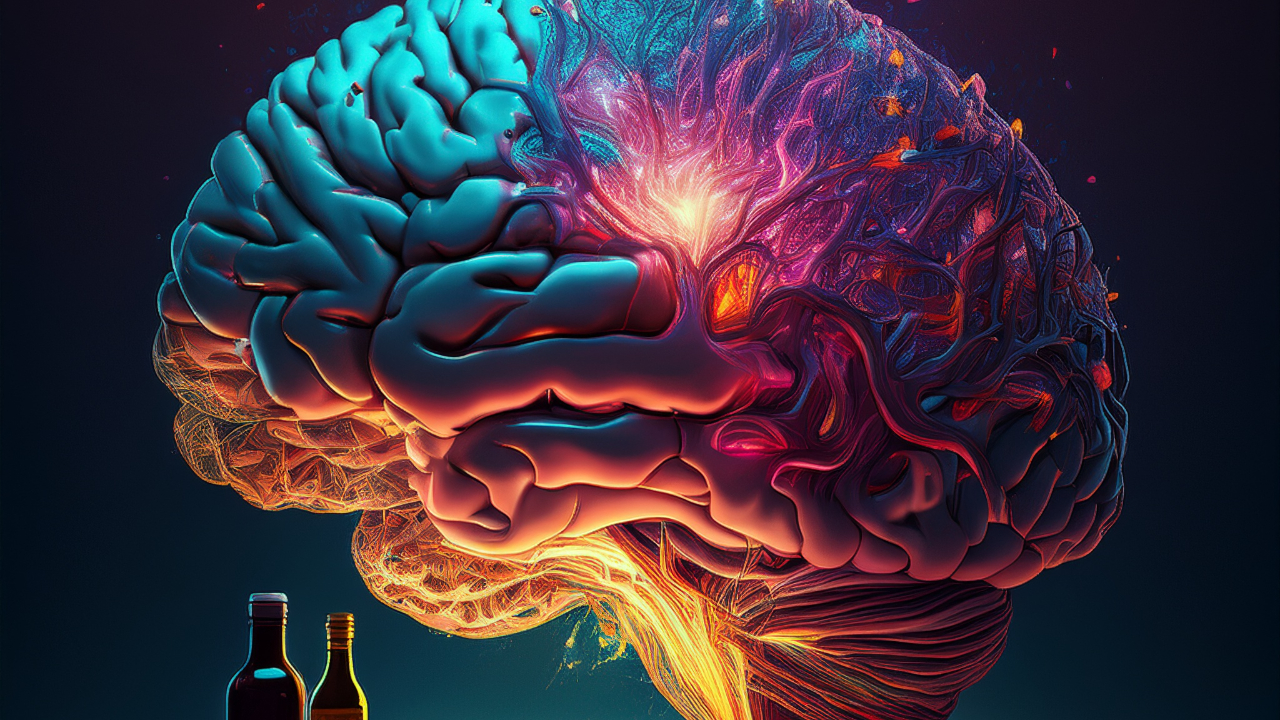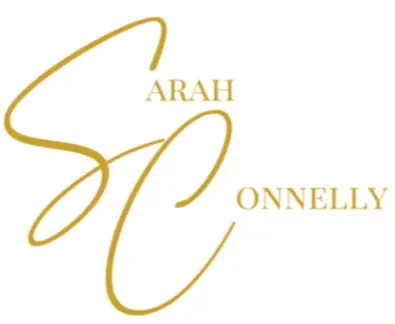The Science Of Alcohol
Sep 07, 2025
Understanding the Science of Alcohol Dependence
When I left my rehab program in 2019, I became fascinated by the science behind alcohol use disorder. I wanted to understand what was happening in my brain that made me feel powerless over alcohol. What I learned changed everything—and I hope sharing it with you will help you extend some self-compassion to yourself. Self-compassion is something many of us are unfamiliar with. We often believe that being hard on ourselves is a form of motivation, but in reality, it creates stress and anxiety. And when we're stressed and anxious, we want to drink. Understanding the science of alcohol dependence is often a pivotal moment for my clients. So stick with me—it’s fascinating stuff.
Have you ever wondered why some people seem unable to stop at one drink, while others can take it or leave it? Or why “just using willpower” rarely works when it comes to cutting back on alcohol?
The truth is, alcohol dependence has very little to do with morality or discipline. It’s about biology, psychology, and culture. And understanding that is often the first step toward self-compassion and lasting change.
The Four Key Factors Behind Alcohol Dependence
- Genetics
Research shows that if alcohol use runs in your family, you may experience a bigger dopamine “hit” when drinking, which makes alcohol feel more rewarding. This doesn’t mean dependence is inevitable, but it does increase vulnerability. - Mental Health & Trauma
People with ADHD, anxiety, or past trauma often use alcohol to self-soothe and quieten busy minds. It works in the short term, but over time it creates a deeper imbalance, leaving stress and anxiety worse than before. Furthermore chemical deficiencies in the brain can also increase the experience of reward, making alcohol more appealing as a form of self-medication. - Culture & Society
From “wine o’clock” memes to champagne at celebrations, alcohol is everywhere. Marketing convinces us it’s the ticket to connection, confidence, and relaxation, even though science tells us the opposite. This messaging has been seeping into our unconscious on a daily basis, so it feels normal to consume alcohol, whether we’re happy, sad or anxious. - Connection & Meaning
When life feels overwhelming or empty, alcohol can feel like it fills the gap. But it’s a false comfort. The benefits rarely outweigh the fallout and long-term contentment remains elusive. Real resilience comes from building genuine connections, living with purpose, and adopting healthier coping strategies.
How Alcohol Changes the Brain
Our brains are wired to seek pleasure and avoid pain. Alcohol hijacks this system:
- Dopamine floods the brain, creating a big (but artificial) reward seeking drive.
- GABA increases, calming anxiety—temporarily.
- Serotonin rises, then crashes, leading to mood swings and the dreaded 3 a.m. wake-up.
- Glutamate is suppressed, slowing reaction times and cognition.
Over time, the brain adjusts by producing less dopamine naturally. Everyday joys like food, movement, or time with loved ones lose their appeal and we become fixated on the substance that has provided the biggest hit. That’s why people often describe life feeling “flat” when they first stop drinking.
Why This Matters
Understanding the science helps replace shame with clarity. It’s not that you’re weak—it’s that alcohol is designed to rewire your brain. And the hopeful news? The brain is incredibly adaptable. With time away from alcohol, it begins to heal.
Final Thought
If you’ve ever beaten yourself up for “not having more control,” know this: alcohol dependence is not about willpower. It’s about brain chemistry, and your brain is capable of remarkable recovery. The more you understand the science, the more empowered you are to make choices that support your health, clarity, and peace of mind.
The video below is one of my favourite animations - it shows exactly how alcohol impacts us long-term. Have a look.
To join the waitlist for the next program in October please email WAITLIST to [email protected]
Yours,
Sarah Connelly



